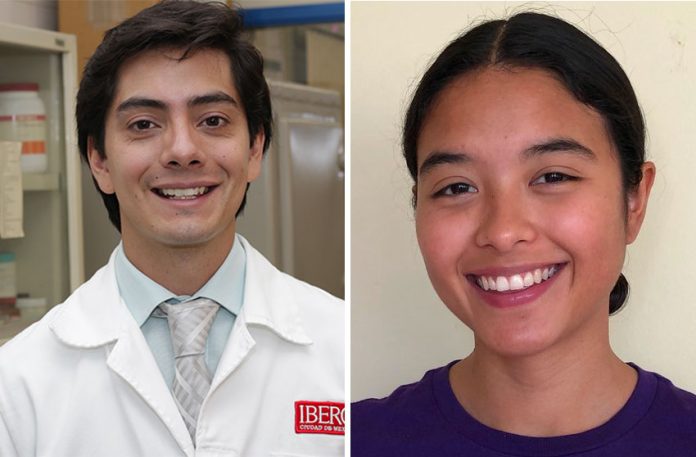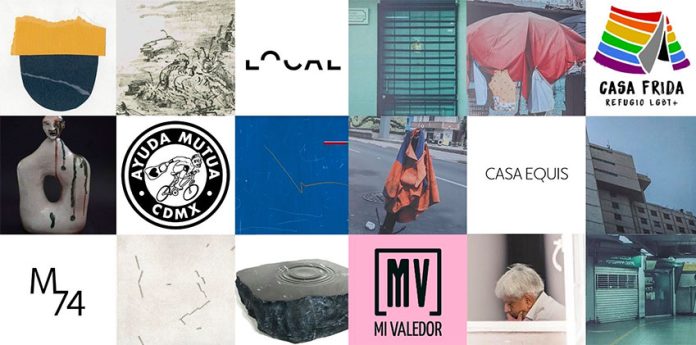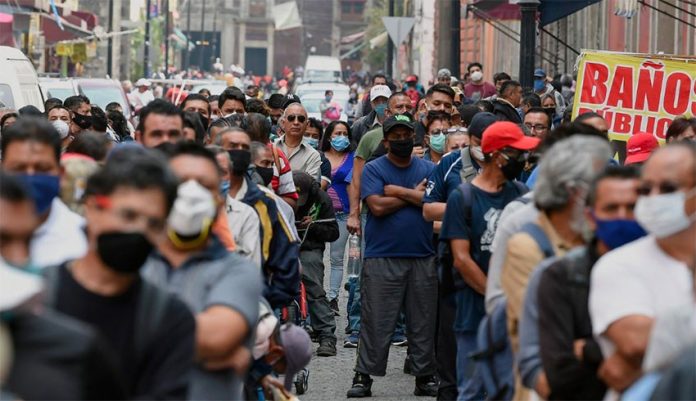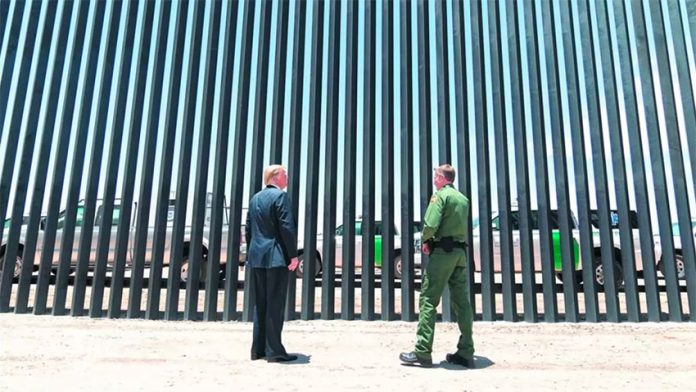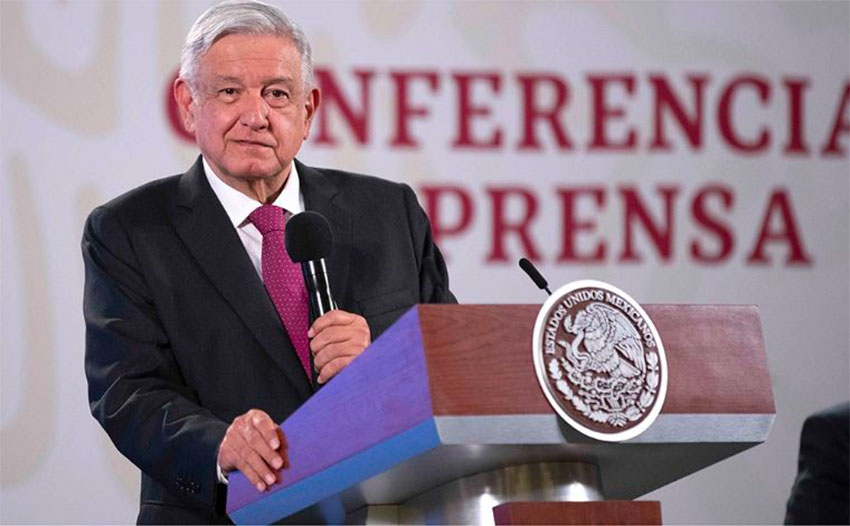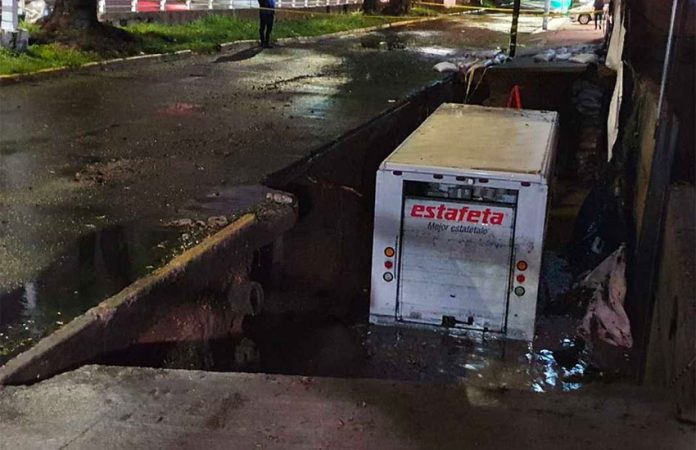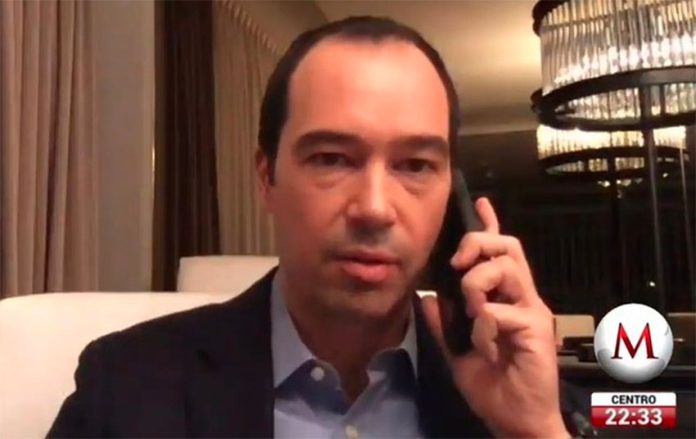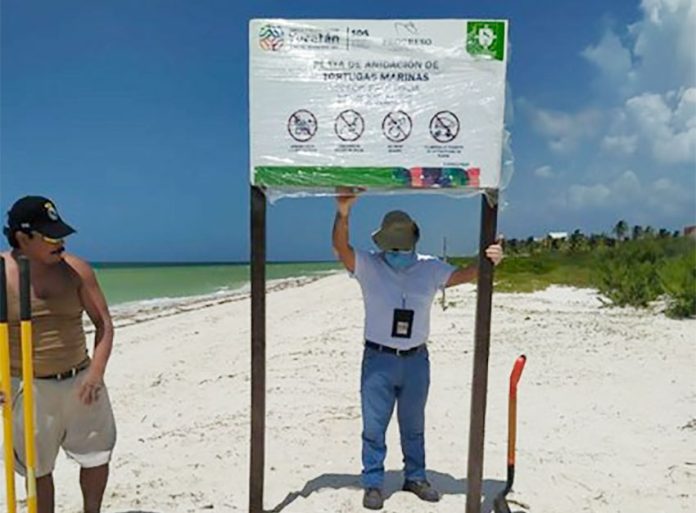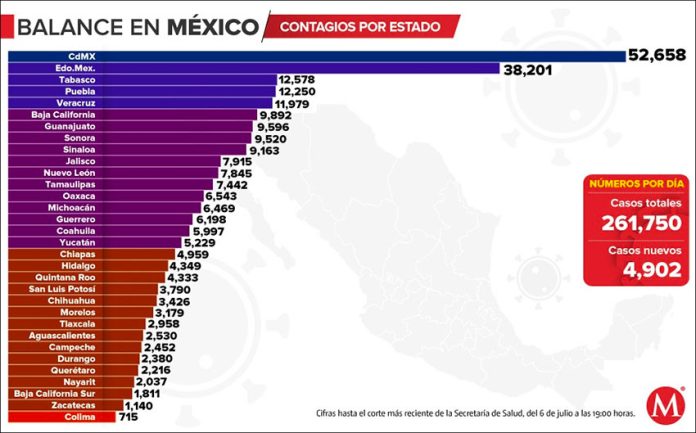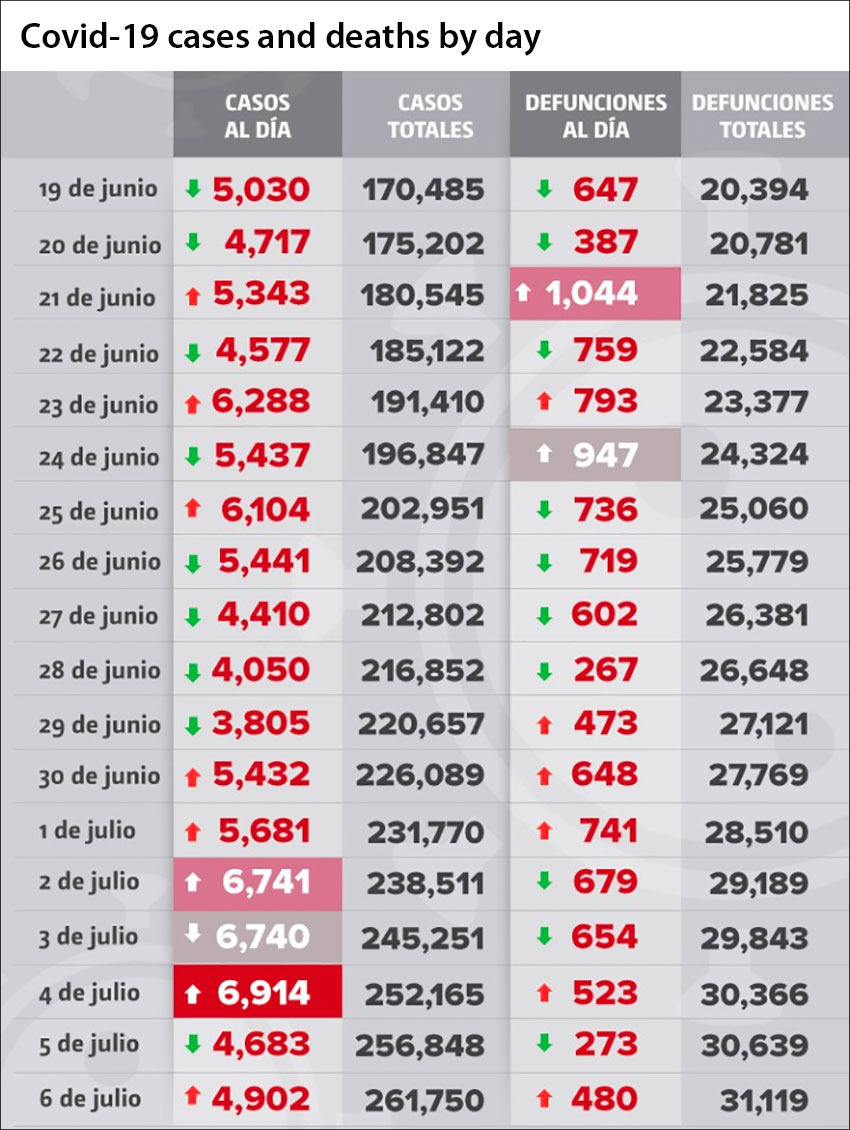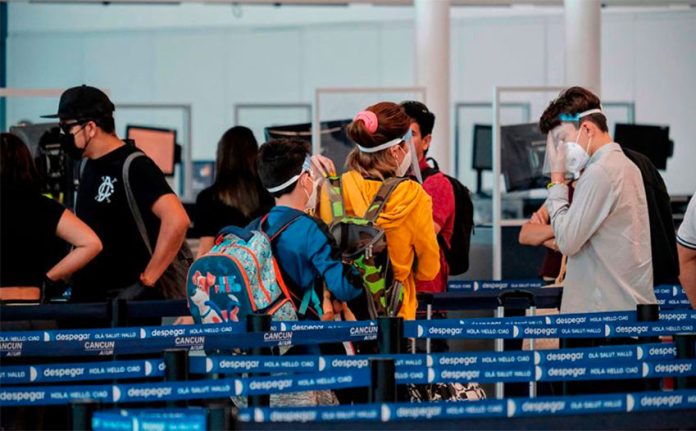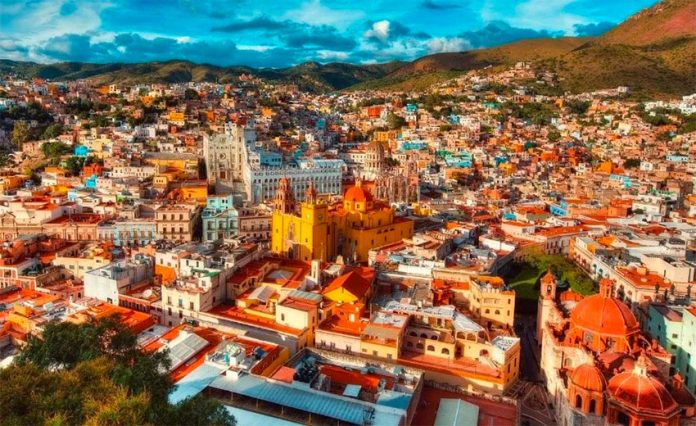Two young Mexican rising stars are among 10 young entrepreneurs from around the world awarded a total of 500,000 pounds sterling for their innovative solutions to realize sustainable development goals promoted by the United Nations.
Mexicans Edith Soria and Javier Larragoiti were among the winners of the Lead2030 award, presented by One Young World, an organization backed by the Duchess of Sussex Megan Markle, philanthropist Bob Geldof, Harry Potter actress Emma Watson among others, including several major international corporations. The Lead2030 awards support specifically youth-led initiatives.
Soria is the president and nutrition program coordinator of Create Purpose, a nonprofit organization that promotes the prevention of non-communicable diseases in orphans and vulnerable children living in low-income and marginalized communities in Mexico. The organization’s caretaker nutrition program is intended to improve nutrition knowledge among caregivers at orphanages and improve the nutrition quality of meals served to orphans.
Over the last two years, the project has positively impacted over 1,000 orphans and vulnerable children across 10 local orphanages, according to information provided by Lead2030.
Larragoiti is the cofounder of Xilinat, a company that offers an alternative and natural substitute to the global sugar industry. His company discovered a means of converting agricultural waste into xylitol, a natural sugar substitute that can be safely consumed by diabetics.
Edith Soria talks about her project Create Purpose.
Lead2030 awards young people who spearhead initiatives that meet the UN’s Sustainability Goals for 2030, a roadmap for scientific, environmental, and social change with goals ranging from recovering the world’s oceans to attacking poverty.
“Lead2030 demonstrates the importance of collaboration among big corporations and young leaders to build a better world – stressing the importance of building bridges, especially now, as the world copes with the humanitarian and environmental impacts of Covid-19,” said One Young World spokeswoman Maria Barracosa.
Mexico News Daily
